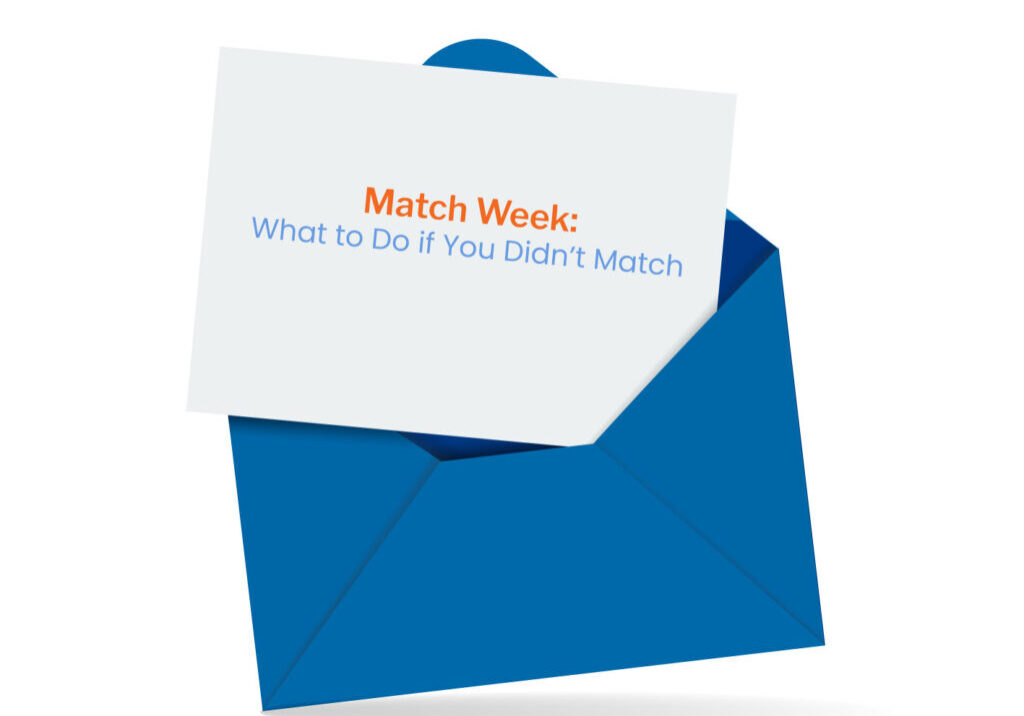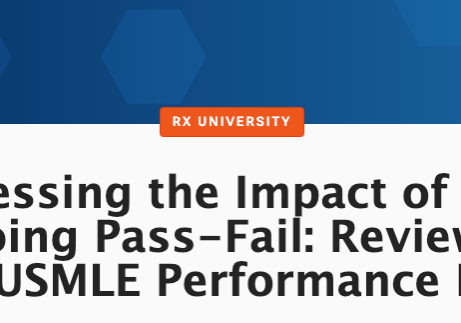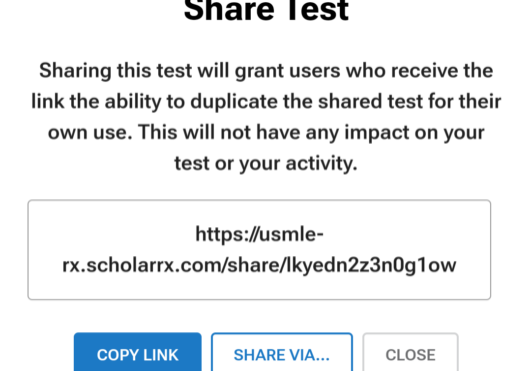By Luke Murray
This post is a short break from the Letter of Recommendation series, and involves a little more study strategy than most of my posts, but I couldn’t help but think of it given the recent incidents with Southwestern and Asiana Airlines.
My dad has been an airline pilot for over 25 years and flew fighter jets off of aircraft carriers before then. He’s never once had an accident. Surprisingly, not only has he never had an accident, but neither have 99.99% of pilots, despite the recent news stories. Now, this statistic might be understandable if flying was easy, or if the consequences of an accident weren’t noticeable, or if the environment was consistent. But as anyone who’s sat in a plane landing at an airport during a snowstorm will admit (let alone on a pitching boat at night in the driving rain) flying is neither easy, safe, nor carried out in a predictable environment.
This of course begs the question, “How can a difficult, dangerous, and highly unpredictable task be consistently carried out so safely?” The answer can be found in many books, but most recently and most notably Dr. Atul Gawande’s “The Checklist Manifesto.” My dad, along with every pilot on every plane in every country in the world, goes through a checklist to make sure that everything that could go wrong has been considered and accounted for before takeoff. One of the things he used to say about rules, especially on the aircraft carrier where conditions could change rapidly, was that “Every rule is written in blood,” meaning that the reason each item on appears on a checklist is because someone has most likely died from not doing it. So, every time a pilot does not achieve the objective – safely transporting the plane and its contents from point A to point B – they adjust their checklist to account for the oversight that led to failure (this is happening now in light of recent events).
Now, there’s a huge debate about how much we can and should “checklistify” medicine due to how little we know about the human body and the diseases that plague it. But where there is very little or no debate about checklists is in how we study in medical school.
Consider this: Think of the last three times you studied. Rate the quality of that study time from a 1-10. Now ask yourself, if the score of any of these sessions was less than 10, what kept it from being a 10? Did you get hungry and lose focus? Were you tired? Was there too much background noise? Not enough?
By now, you should probably have a good idea of what factors keep you from having maximally effective study time. If you aren’t totally sure, just do the above exercise for the next five or six sessions, and you should be 80+% of the way there.
The “rules” of perfect studying, unlike the rules of safe flight, have not been written in blood (thankfully), but they have been made obvious through study time that you didn’t maximize for reasons you’re completely aware of…*cough* facebook *cough* 😉
So why don’t we learn from an industry that’s successful at something really difficult 99.9999999% of the time? Make a checklist that you go through every time you sit down to study so that you know you’ll end up at your ‘destination’ as efficiently as possible.
Above is a picture of my personal study checklist. Feel free to use it.




I appreciate your perspective, Luke. Totally agree about setting yourself up for success in each study session. Time is too short for us to have unproductive stretches of study. Thanks for the checklist. I know it’ll be useful for me.
Thanks Luke for this useful post
I did not know about Dr AG’s book .
I read other books and articles written by him .
@Grace – you’re welcome! make sure to actually keep your checklist nearby, too. I made it and kept it in my locker for awhile and (surprise!) didn’t follow it as much as when used it for the bookmark in my textbook.
@Laurentiu – Glad you know about Dr. Gawande’s work. Here’s where you can find all of it http://gawande.com/ I also follow him on twitter @Atul_Gawande